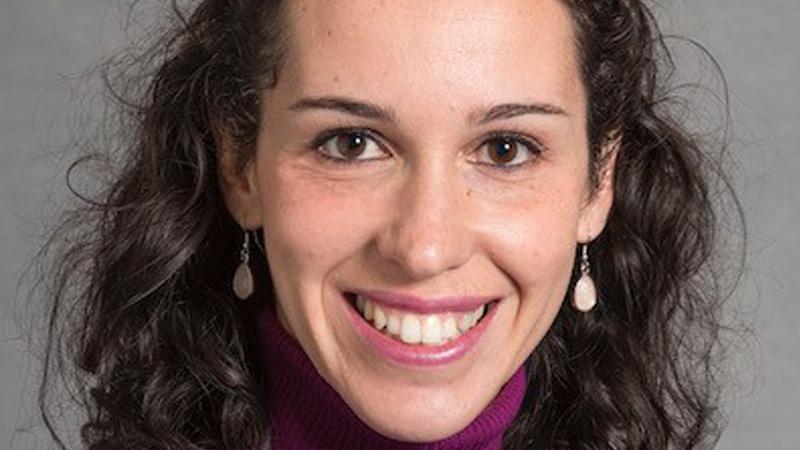Dr Barbara Villarini, Senior Lecturer in the School of Computer Science and Engineering at the University of Westminster, is one of the seven recipients of the Royal Academy of Engineering Leverhulme Trust Research Fellowship.

The Fellowships are supported by the Leverhulme Trust and allow awardees to take part in full-time research for up to a year. They cover the cost of a replacement academic, who will take over the recipient’s teaching and administrative responsibilities. It allows engineers in the middle of their career to strengthen their research, whilst giving junior academics the opportunity to gain experience in teaching.
For the last ten years, Villarini has been working on image and video processing, focusing on medical imaging computing, image and video quality assessment and 3D reconstruction. She was awarded the Fellowship for her project ‘AI-driven Organ Reconstruction and Morphological Features Extraction from Medical Images.’
Her research project aims to develop an Artificial Intelligence-driven open-source framework for automatic extraction of morphological features from medical images. This reveals a unique opportunity to answer vital clinical and scientific questions. Villarini used a combination of Convolutional Neural Networks and image-processing techniques to perform an accurate multi-organ segmentation from medical images.
The Fellowship will investigate solutions for those organs that present extreme challenges due to several factors, including wide variation of size and location between patients, difficulties to differentiate the tissue of interest from surrounding organs and differences in grey-scale contrast along its edges in MR volumes image. The aim is to correct the motion artefacts caused by respiration and patients’ movements.
Speaking about her success, Villarini said: “I am absolutely delighted to be awarded a Royal Academy of Engineering – Leverhulme Trust Research Fellowship. I will have the opportunity to focus on an interdisciplinary research project and develop an AI-driven framework for the automatic reconstruction of organs and morphological features from medical images.
“I am very excited to collaborate with world-leading institutions in the field of medical imaging computing and hopefully this project will improve healthcare and wellbeing, advancing the analysis and detection of disease, treatment planning performed by radiologists, clinicians and medical care services.”
Learn about Computer Science and Engineering courses offered at the University of Westminster.

